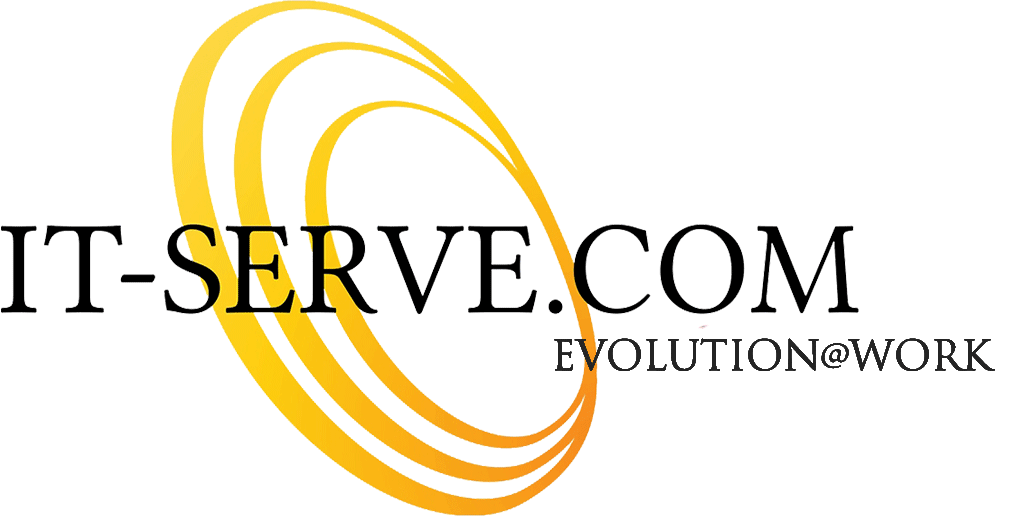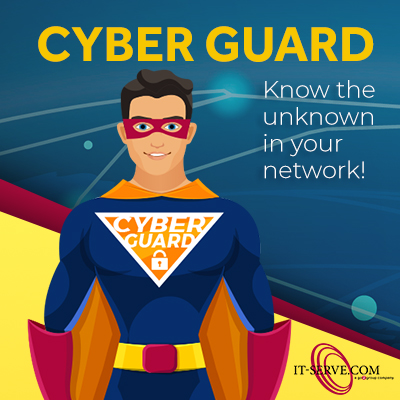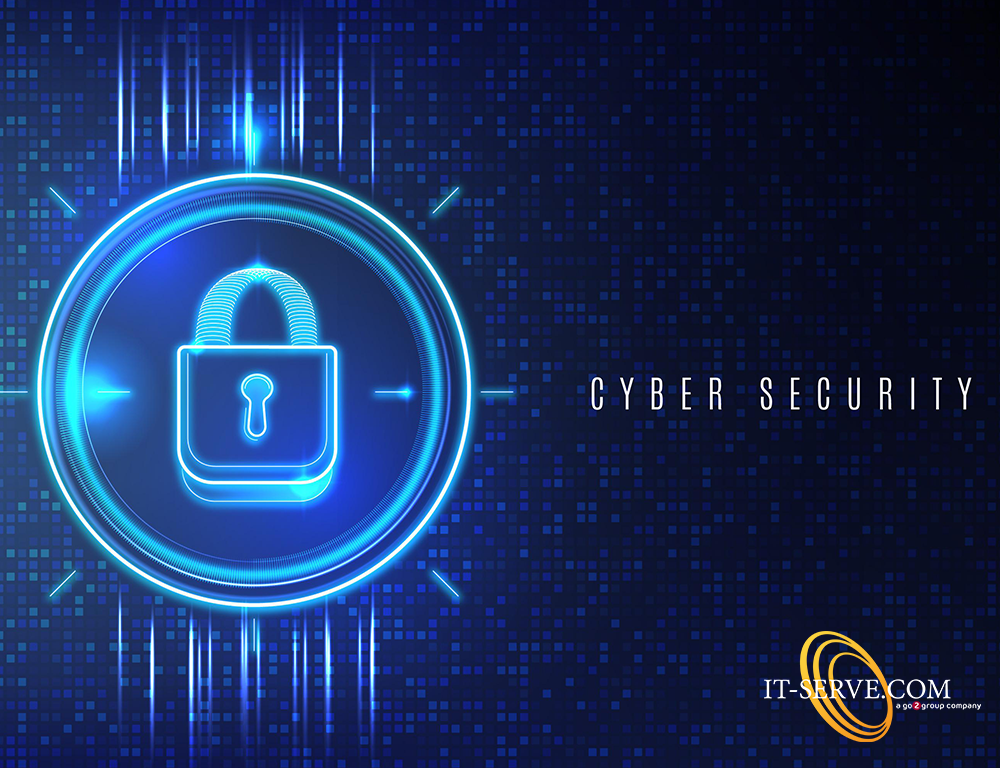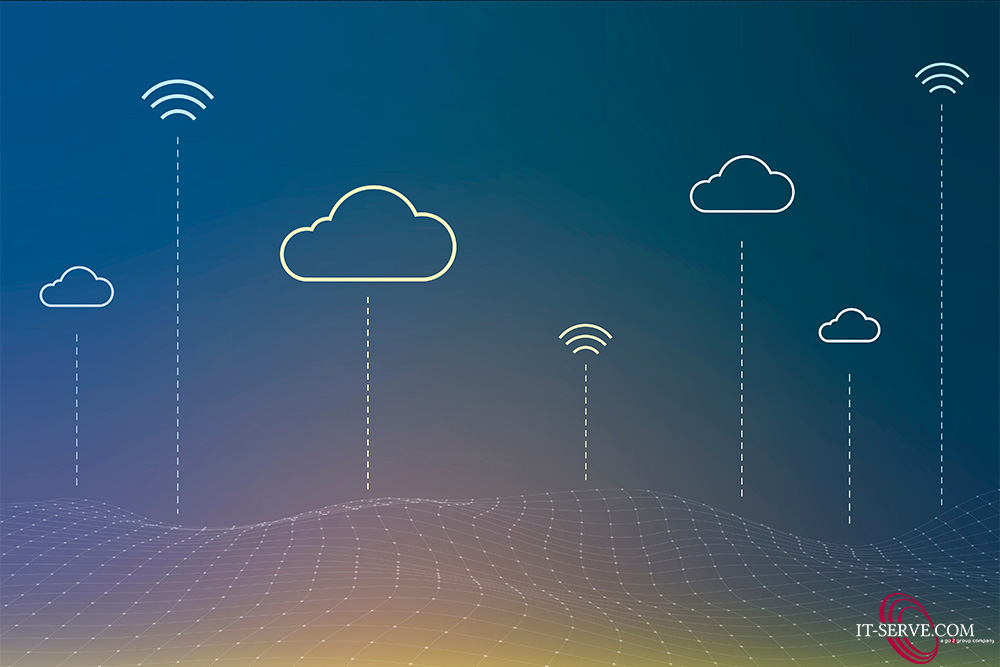
Ransomware is a type of encryption Trojan that essentially encrypts or puts a lock on all the data even the entire operating system of a particular device. An encryption Trojan by itself is a type of Malware that disguises itself as a seemingly harmless file. Ransomware infects a device or operating system by pretending to be a harmless site, link or download and then hijacks the device and locks all the data on it before the user even knows what's going on. Only when the user is unable to access their files or even log in to the device itself will they know that they have been hit by a ransomware attack. After making your files inaccessible and basically holding them as a 'digital hostage' the encryption Trojan demands a ransom to be paid in order to release the encryption keys for the file. When the files become locked or encrypted the only way to use them again is to decrypt them with a decryption key. Some IT experts can come up with an encryption key themselves without having to pay the ransom, however, this is a time-consuming process and sometimes even ends up being fruitless in the end. The company would have to rely solely on the hacker to provide the decryption key. Additionally, there is no guarantee that the cyber criminals behind the ransom attack would even provide the decryption key. It’s highly possible that they can become untraceable as soon as the ransom is paid, and you’re left with a hefty loss and a huge cyber security breach to deal with. Even with the protection of a firewall with IPS and IDS services enabled, a malicious file can still sneak in as it only scans part of the incoming packets.
In layman's terms, it is simply much easier to give in and pay the ransom since it's the easiest and fastest method to regain access to your files again. However, if the ransom is a truly large amount of money, this could end up being detrimental to the company as they would be forced to shell out cash that could have rather been spent on the business. So, the best way to avoid paying large sums of money to hackers on the internet would simply be to fortify our cyber security protocols and educate employees on the dangers of malware on the internet.
Educating employees
As the saying goes prevention is always better than cure. So, it's important that your company has the necessary updated cyber security protocols up and running at all times on all business-related devices. You can also run a quick awareness session with the employees in your office talking about the dangers of malware and ransomware and how to best protect themselves from it. One of the most common ones is to never click on a suspicious link or even open suspicious email attachments. Educate employees on the dangers of downloading free software and even clicking links from unverified download sites. If a link even looks slightly suspicious, it's always best to send it to your in-house IT expert to look through it instead of just clicking on it. Also, inform employees to never share personal information on the internet with untrusted sources. Hackers also tend to collect personal information of their targets beforehand, so that they can send personalized scams that make the target more likely to click on them. Also advise employees to never use USB sticks that come from an unknown source because ransomware can also be transferred through hardware this way. Last but not least, stress on the fact that employee devices should always be updated with the latest software updates as those updates also come with the latest security measures.
Backup Plan
If all else fails, it's best to have a backup plan ready. If hardware and operating systems are infected with ransomware, it's best to have cloud backup storage from a third party so that employees can access the files continue working as if nothing has happened. The cloud backup storage will enable business to continue undisturbed on separate, uninfected devices while IT experts deal with the ransomware. It's always better to be safe than sorry and paying the subscription fee for a third-party cloud service could be your saving grace in the midst of a cybersecurity breach. Check out our blog, 'Top 3 reasons to back up your OneDrive', to find out more about the benefits of using a backup third party cloud service.



















